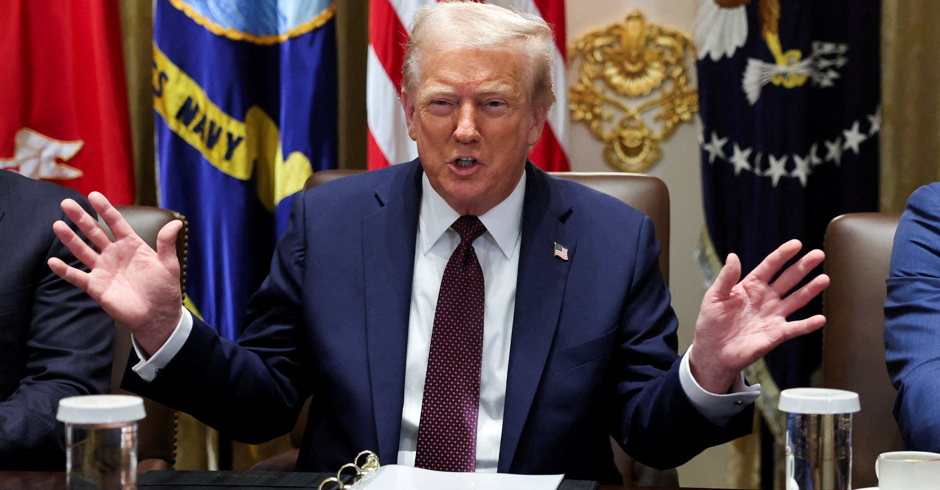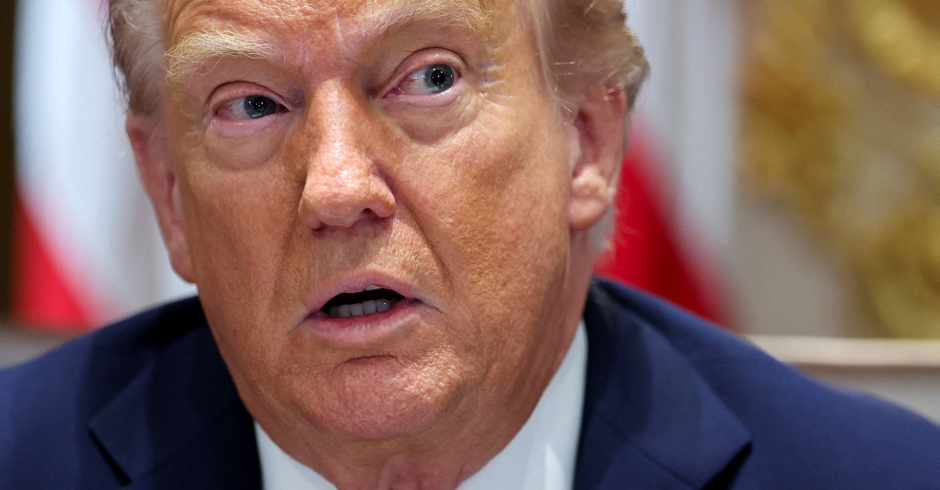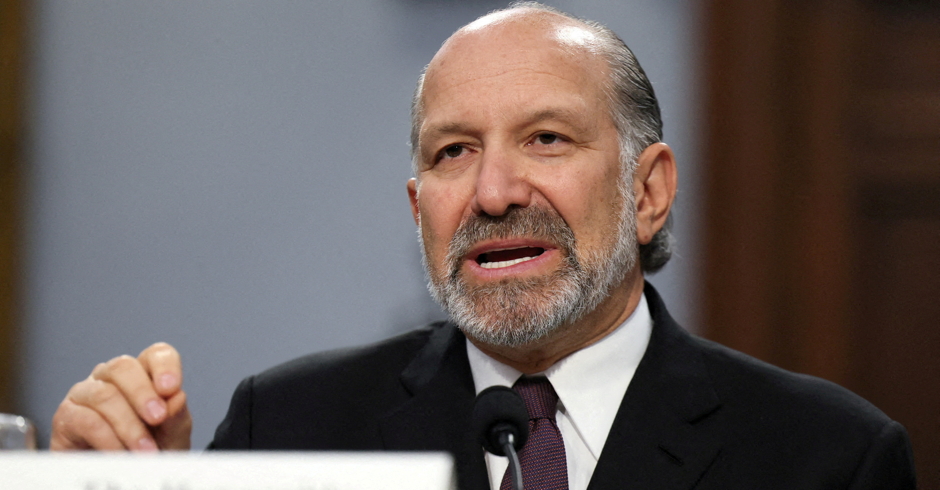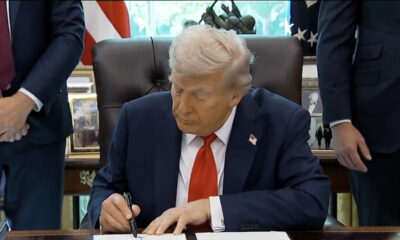News
‘That’s a War Crime’: Ex-Trump Envoy Brett McGurk Is Outraged by Assassination of Hevrin Khalaf

President Donald Trump’s former top official responsible for defeating the Islamic State was outraged on Saturday by reports that Syrian Future Party co-Chair Hevrin Khalaf had been killed.
Brett McGurk, the former special presidential envoy for the Global Coalition to Counter ISIL blasted the killing as a war crime.
Turkish state-backed media hails a “successful operation” to “neutralize” an unarmed 35-year old woman working to unite Arabs, Christians, and Kurds in NE Syria. Ms. Hevrin Khalef was reportedly dragged from a vehicle and shot to death. That’s a war crime. https://t.co/O5hEVQ28jt pic.twitter.com/dn6cl7VUZr
— Brett McGurk (@brett_mcgurk) October 12, 2019
Earlier in the day, McGurk had retweeted a statement that Trump was leaving the Kurds “to be slaughtered” by Turkey.
"You have given up on us. You are leaving us to be slaughtered," Gen. Mazloum told the Deputy Special Envoy to the Global Coalition to Defeat ISIS, William Roebuck Thursday, according to an internal US government readout that has been obtained by CNN @barbarastarrcnn @cmoc_sdf
— Barbara Starr (@barbarastarrcnn) October 12, 2019
Enjoy this piece?
… then let us make a small request. The New Civil Rights Movement depends on readers like you to meet our ongoing expenses and continue producing quality progressive journalism. Three Silicon Valley giants consume 70 percent of all online advertising dollars, so we need your help to continue doing what we do.
NCRM is independent. You won’t find mainstream media bias here. From unflinching coverage of religious extremism, to spotlighting efforts to roll back our rights, NCRM continues to speak truth to power. America needs independent voices like NCRM to be sure no one is forgotten.
Every reader contribution, whatever the amount, makes a tremendous difference. Help ensure NCRM remains independent long into the future. Support progressive journalism with a one-time contribution to NCRM, or click here to become a subscriber. Thank you. Click here to donate by check.
 |




















